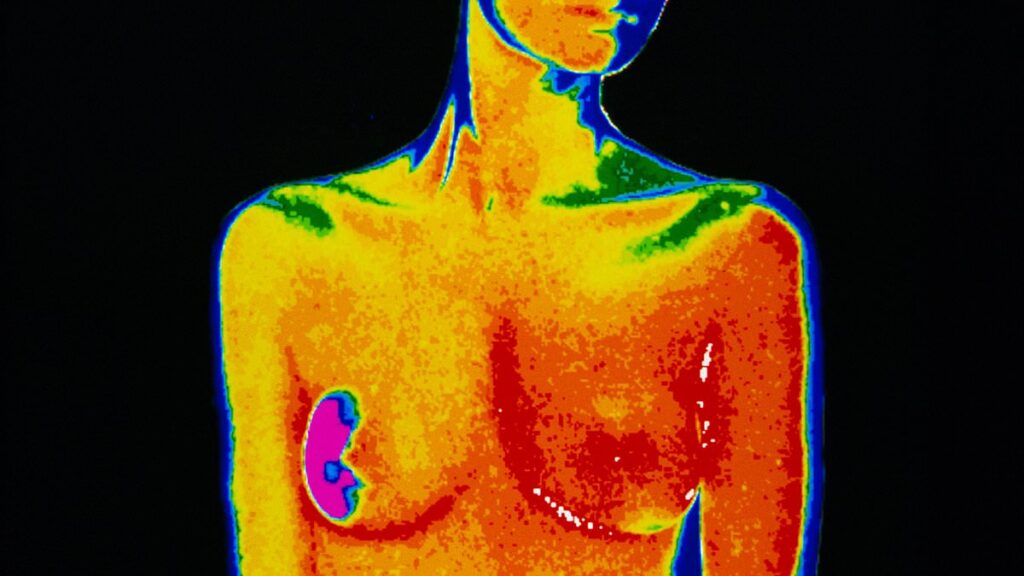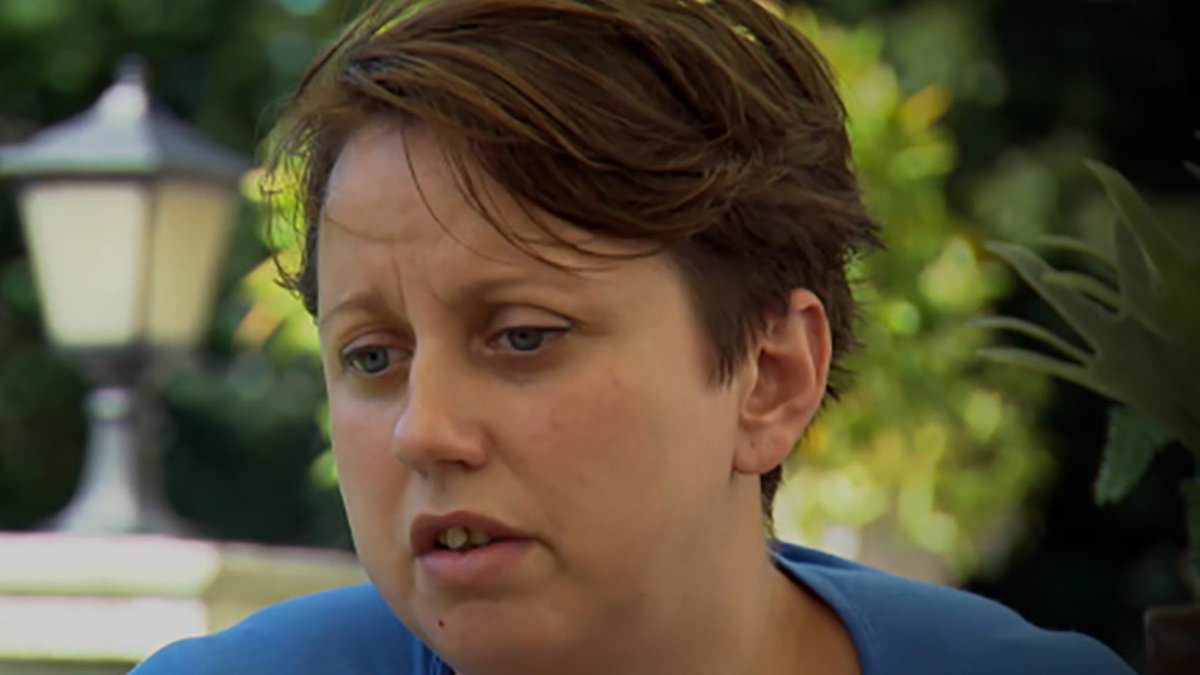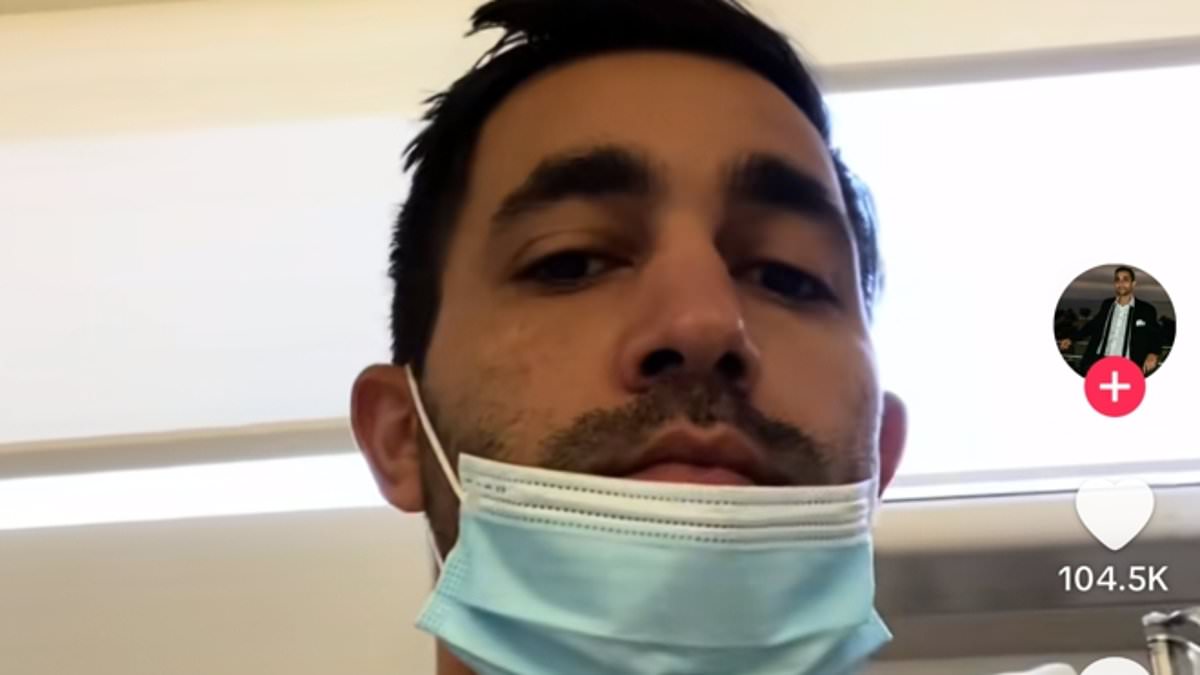Game-changing weight loss jabs relied on by millions of slimmers and diabetics could cause breast cancer treatments to stop working, experts have warned.
The drugs, which include Ozempic and Wegovy, have ushered in a new era in the battle against obesity, helping dieters shed up to a fifth of their bodyweight.
But, American doctors tracking women being treated for an aggressive form of breast cancer have discovered the injections ‘detrimentally affect’ how the body responds to chemotherapy and immunotherapy.
It meant that patients on the jabs — collectively known as glucagon-like peptide-1 receptor agonists, or GLP-1s — were less likely to be totally clear of cancer after treatment and more at risk of tumours returning.
Consultant clinical oncologist Dr John Glees said the findings were ‘unsettling’ and added: ‘These weight loss drugs are relatively new, so it’s very concerning that patients taking them were less likely to be cancer free after treatment.’
In the study, hundreds of women with early-stage triple negative breast cancer were followed throughout and after treatment.
A few dozen were already taking GLP-1s and continued to do so while having cancer treatment.
Tests two years later showed just 28 per cent of women on GLP-1s responded fully to the cancer therapies, and were clear of cancer.

Game-changing weight loss jabs relied on by millions of slimmers and diabetics word-wide could cause breast cancer treatments to stop working, experts have warned
American doctors tracking women being treated for breast cancer have discovered the the injections — collectively known as glucagon-like peptide-1 receptor agonists, or GLP-1s — ‘detrimentally affect’ how the body responds to chemotherapy and immunotherapy
More than twice as many — 63 per cent — of those not on GLP-1s were cancer free.
Dr Bethania Santos, an oncologist and researcher at UT Southwestern Medical Center in Dallas, who presented the study at San Antonio Breast Cancer Symposium, said: ‘Use of GLP-1 use may need to be carefully considered during breast cancer therapy.’
The researchers also discovered GLP-1s had infiltrated tumour cells and immune cells in samples taken from the patients.
Although what this meant wasn’t yet fully understood, Dr Santos suggested that it may make tumour cells more resistant to standard treatments.
Dr Glees also told MailOnline: ‘We know that obesity increases the risk of cancer, and so drugs like Ozempic, which help people lose weight, could also reduce that risk.
‘The jabs also seem to protect the heart and possibly the brain.
‘But we need to think very carefully about these new data and carry out more research.
‘It’s important patients do not panic but, likewise, it’s vital women tell their cancer specialist if they are on one of these GLP-1 drugs while undergoing cancer treatment.’

Checking your breasts should be part of your monthly routine so you notice any unusual changes. Simply rub and feel from top to bottom, in semi-circles and in a circular motion around your breast tissue to identify any abnormalities

Symptoms of breast cancer to look out for include lumps and swellings, dimpling of the skin, changes in colour, discharge and a rash or crusting around the nipple
Ozempic, Wegovy and a similar drug Mounjaro are self-administered weekly.
Limited studies have suggested weight loss jabs may be helpful in reducing risk of breast and other cancers.
One in seven women in the UK are diagnosed with breast cancer in their lifetime — around 56,000 a year — making it the most common cancer in the UK.
The figure stands at roughly 300,000 annually in the US. Around 85 per cent of women diagnosed with breast cancer survive more than five years.
However, triple negative breast cancer — which accounts for around 15 per cent of all breast cancers in the UK and US — is far more difficult.
Typically, it grows and spreads faster than other breast cancer types and has fewer treatment options.
It is also more challenging to treat because it doesn’t have receptors for hormones such as oestrogen — for which there are targeted therapies.
On average around 77 per cent of women with triple negative breast cancer will survive their cancer for five years or more after they are diagnosed, but depending on the stage this can fall as low as 12 per cent.
Breast cancer specialist and author Dr Liz O’Riordan told MailOnline: ‘This is an important study, and more research is needed.
‘It seems that GLP-1s can make cancer cells less responsive to chemotherapy and immunotherapy.
‘This will mean their cancers are much more likely to return.
‘On the other hand, we think giving GLP-1s to women after they have finished cancer treatment, to keep their weight down, may reduce the likelihood of cancer recurrance.
‘We need to think more about how these patients are managed, and more research to understand what’s going on.’










